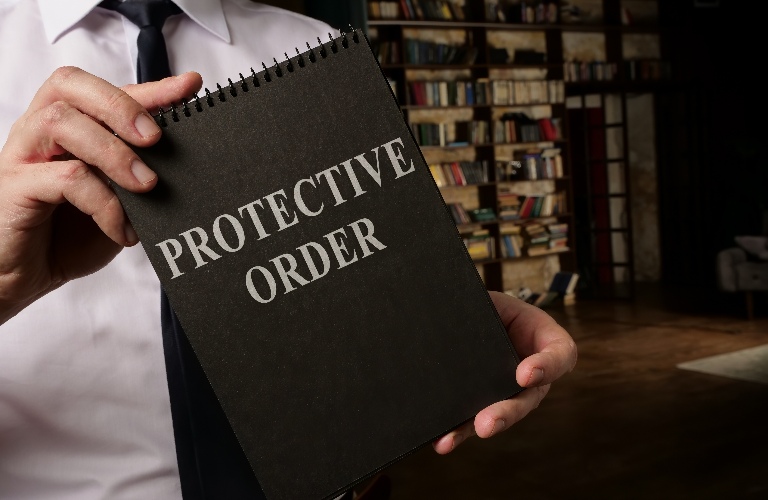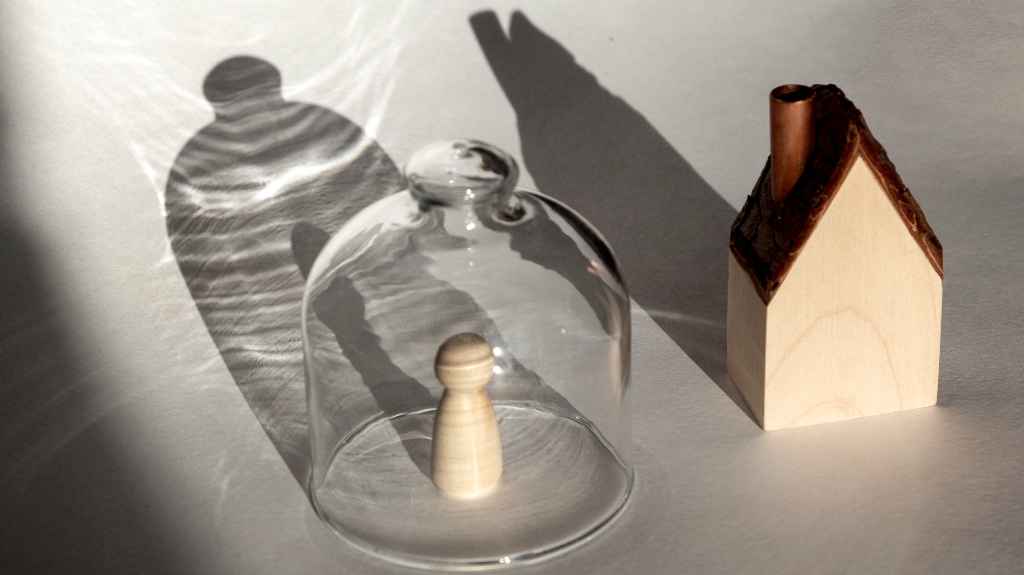How Can I Protect Myself if My Abuser Violated the Protective Order in Iowa?
Protective orders are powerful civil legal tools designed to shield victims of abuse from further harm. In Iowa, these orders, can prohibit an abuser from contacting, approaching, or harassing the protected individual. But what happens when the abuser violates the order?
At Family Law Solutions of Iowa, LLC, our dedicated protective order attorneys are ready to help. If your abuser has violated a protective order in Iowa, it is critical to act quickly and decisively. The law is on your side, and there are clear steps you can take to protect yourself and hold the offender accountable.
Understanding Protective Orders in Iowa
Iowa courts issue civil protective orders in cases involving domestic abuse, stalking, harassment, or sexual assault. These civil orders may include provisions such as:
- No contact by phone, text, email, or social media
- No physical proximity (e.g., staying away from your home, workplace, or school)
- Temporary custody arrangements or property restrictions
Violating any part of the order is a criminal offense, regardless of whether the abuser believes the contact was harmless or consensual.
Common Types of Violations
Protective order violations can take many forms, including:
- Showing up at your home, workplace, or school
- Sending messages through friends or family
- Attempting to contact you via social media
- Threatening or harassing behavior
- Refusing to comply with custody or visitation restrictions
Even a single violation can be grounds for criminal charges.
Immediate Steps to Take
If your abuser violates a protective order, your safety is the top priority. Here’s what you should do:
1. Call 911
If you are in immediate danger, do not hesitate—call 911. Law enforcement officers in Iowa are trained to respond to protective order violations and can arrest the offender on the spot.
2. Document the Violation
Keep detailed records of the violation, including:
- Date, time, and location
- Description of what happened
- Screenshots of messages or social media posts
- Witness statements, if applicable
This documentation can be crucial in court proceedings and may strengthen your case.
3. Report the Violation to Law Enforcement
Even if the situation is not an emergency, you should report the violation to your local police department or sheriff’s office. Provide them with your protective order and any evidence you have gathered. Law enforcement can initiate criminal charges or refer the case to the county attorney.
4. Contact Your Attorney or Victim Advocate
Legal professionals and victim advocates can help you navigate the process, file additional motions if needed, and ensure your rights are protected. They may also help you request modifications to the protective order or pursue contempt of court charges.
Legal Consequences for Violating a Protective Order
In Iowa, violating a protective order is a serious offense. Depending on the circumstances, the abuser may face:
- Arrest and criminal charges
- Jail time (up to 30 days for a first offense; longer for repeat violations)
- Fines and court costs
- Contempt of court proceedings
- Enhanced penalties if the violation involves violence or stalking
Repeat violations or violations involving children may result in felony charges.

Strengthening Your Protection
If your abuser continues to violate the order, you may be able to take additional legal steps, such as:
- Requesting an extension or renewal of the protective order
- Modifying custody or visitation arrangements
Your attorney can help you determine the best course of action based on your situation.
Speak to an Experienced Iowa Protective Order Attorney
If you need immediate assistance, contact your local law enforcement agency or a domestic violence hotline. For legal guidance, reach out to an experienced Iowa family law attorney or victim advocate. They can help you understand your options and take the necessary steps to protect yourself and your loved ones.
Our lawyers at Family Law Solutions of Iowa, LLC is ready to assist with your protective order. Contact us today for a consultation of your case.


